- Home
- Curriculum
- Learning Journey
Learning Journey
Our Curriculum
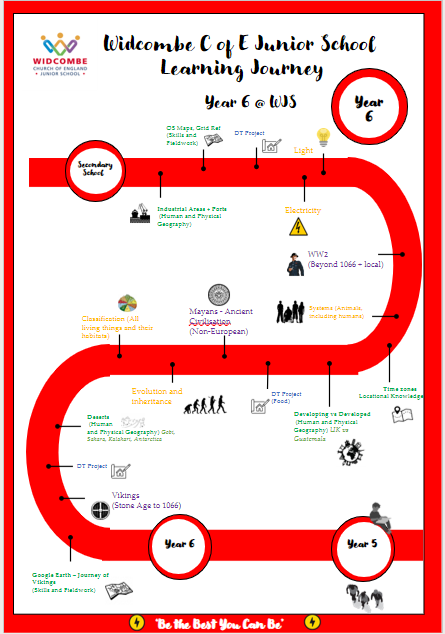 The progression of knowledge and the intentional shaping of what we want the children to know and do is at the heart of our curriculum design. The design of our curriculum is influenced by the knowledge outlined in the National Curriculum for Science, History, Geography, Art, and DT while considering the bespoke needs of WJS children.
The progression of knowledge and the intentional shaping of what we want the children to know and do is at the heart of our curriculum design. The design of our curriculum is influenced by the knowledge outlined in the National Curriculum for Science, History, Geography, Art, and DT while considering the bespoke needs of WJS children.
We have worked hard to ensure that this knowledge is sequenced and mapped coherently so that it allows children to make links within and between subjects and to prior learning.
Each year group and subject has a Learning Journey which provides a coherent pathway for the children as they progress through the school. These subjects are taught in blocks to enable the pupils to study in depth.
WJS Learning Journey
The Widcombe Learning Journey
The design of our Learning Journey is influenced by the knowledge outlined in the National Curriculum for Science, History, Geography, Art and Design, Music and Design and Technology.
Knowledge is when humans make connections between the new and what has already been learned; therefore we have worked hard to ensure that this knowledge is sequenced and mapped coherently so that it allows children to make links within and between subjects and to prior learning. Teachers will know what learning has come before and what learning will come after enabling them to utilise the knowledge that is in the children’s long term memory.
In line with our curriculum intent, we have designed a Learning Journey that has the acquisition of knowledge at its centre.
RE, PE, MFL, Computing and PSHE are also timetabled individually, but aspects may be covered through another curriculum area being studied.
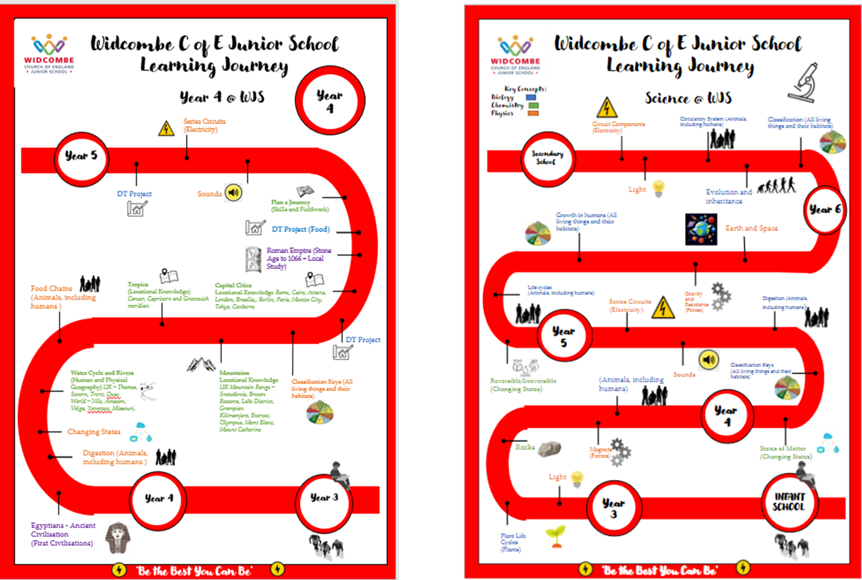
Key Concepts
The curriculum design has also been influenced by key concepts within each subject. We revisit these concepts throughout the primary phase to allow children to make connections and links within the subject discipline.
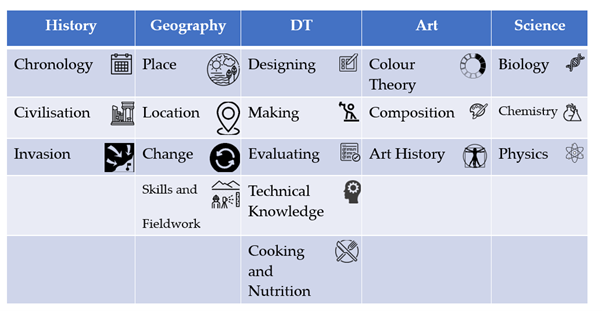
Big Questions
The majority of subjects/concepts have associated Big Questions which help to frame the knowledge that is intended to be taught/accrued through the deliver of each unit.
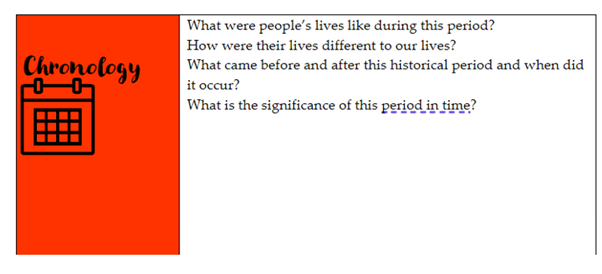
Unit Plans
To prioritise what is essential, Unit Plans provide an overview of the most significant information need to retain and most importantly understand by the end of the unit of work. They also provide teachers with a learning sequence to use and they plan lessons and design tasks. Teachers know what learning has come before and what learning will come after enabling them to utilise the knowledge that is in the children’s long-term memory. Unit plans include substantive knowledge, key vocabulary, and links to high-quality texts.
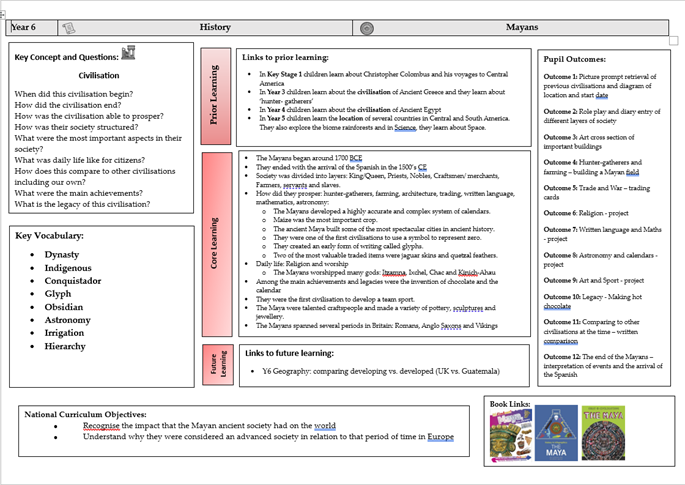
| Page Downloads |
|---|
| Year Group Journeys |




